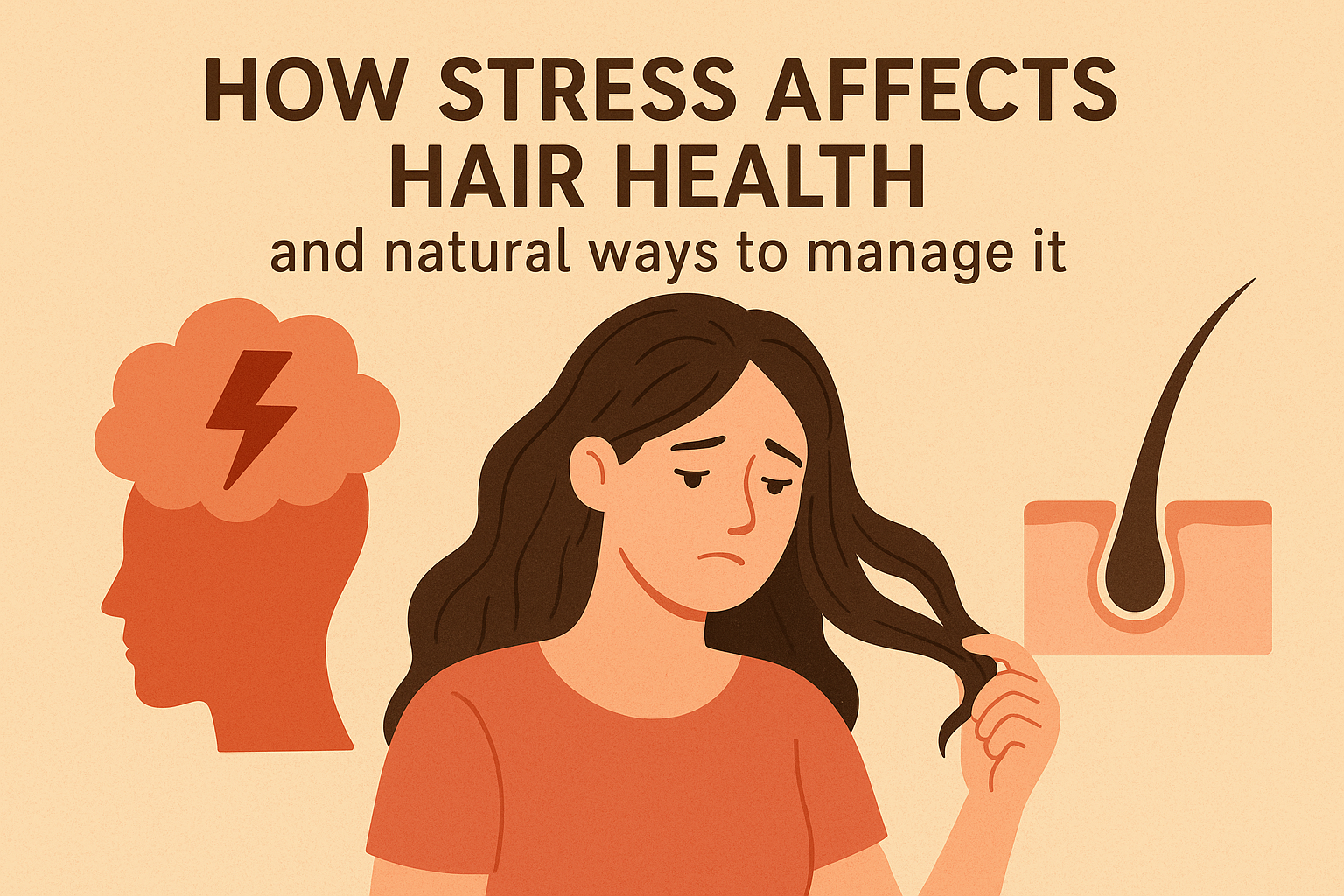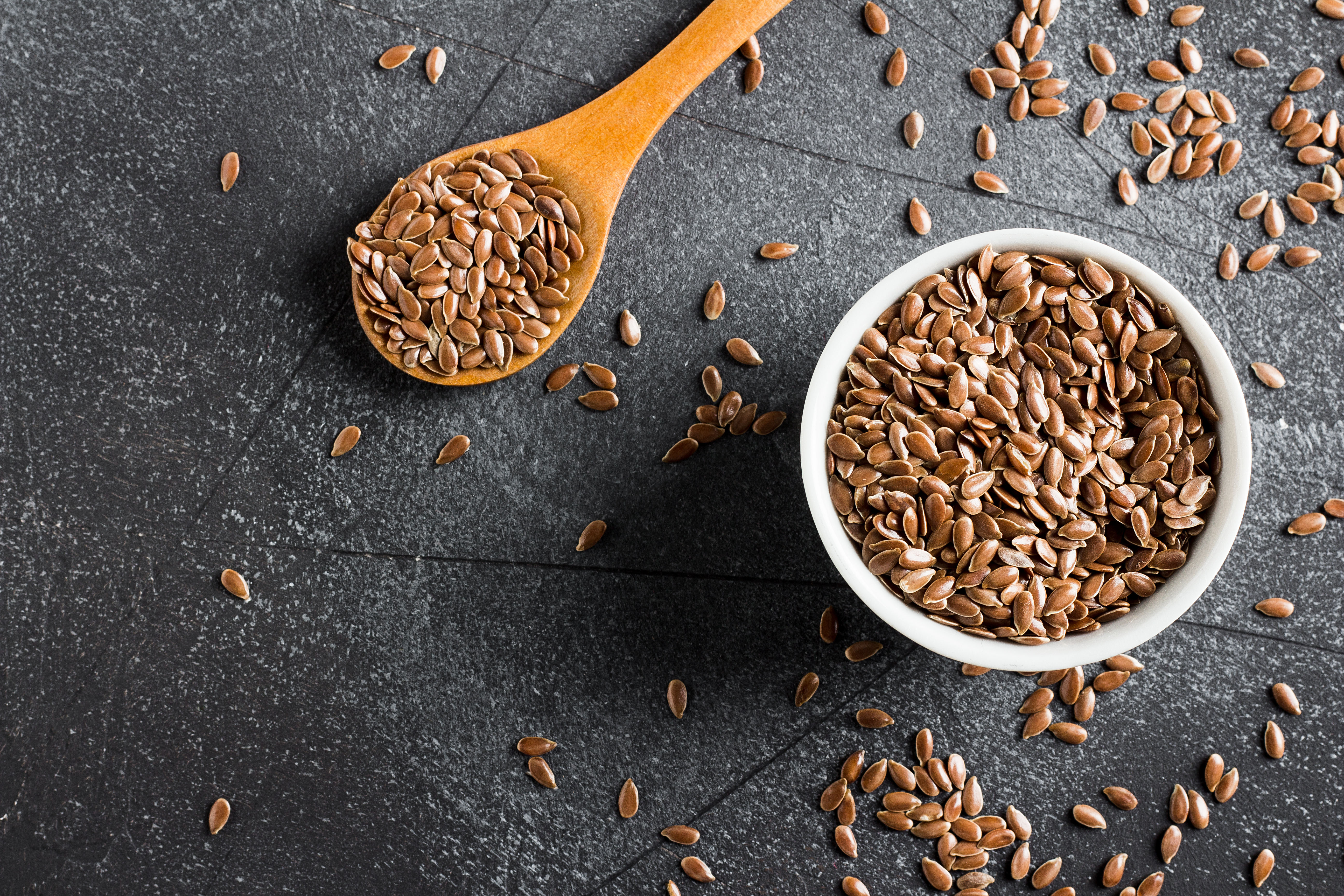When you start to notice an abnormal increase in hair loss, your first thought may be of the latest shampoos, oils, or external treatments for your hair. However, the source of the hair problem may very well be inside the body. Among the nutrients that contribute to healthy hair, Vitamin B12 is often left out of the conversation.
Vitamin B12 (cobalamin) contributes to many functions throughout the body, including red blood cell production, delivering oxygen throughout the body, DNA production, and synthesizing as well as nerve function. It is important to note that hair follicles are among the fastest-growing cells in the human body and rely heavily on these processes. If your body does not get enough B12, the bottom line can be fatigue, nerve issues, and hair thinning and shedding.
Also Read: Female Hair Loss at the Frontal Hairline
What is Vitamin B12 and Why Is It Important for Your Hair?
Vitamin B12 is a water-soluble vitamin that you can’t create yourself and is obtained via food or supplements. Vitamin B12’s key roles are:
1: It assists in creating red blood cells that transport oxygen to your scalp and hair follicles.
2: It helps with DNA synthesis, which enables the hair follicle cells to divide and grow.
3: It supports nerve health, thereby reducing stress issues that can impact hair.
4: It boosts protein and fat metabolism, both equally important for keratin production, the main protein of your hair.
If your body doesn’t have B12, it means your follicles don’t receive the oxygen and nutrients your follicles need to help them stay healthy and active.
Can Lack Of B12 Cause Hair Loss?
Can lack of B12 cause hair loss? Yes. When you have insufficient B12, your body is unable to make healthy red blood cells. Instead, your body produces immature red blood cells that do not transport oxygen properly. Deficiency of B12 can cause a serious condition called megaloblastic anemia. This can cause a deficiency of oxygen to the tissues of the body, including your scalp.
Without oxygen, your hair follicles begin to weaken. And over time, this leads to the following:
1: Less Hair Follicle Activity: Your hair follicles have a tougher time generating new hair at a healthy rate.
2: The hair goes to the resting phase too early: Your hair gets pushed into the resting (telogen) phase too soon, which leads to widespread shedding.
3: Hair shafts are weaker: The only hair that is growing is fragile and breaks easily.
So, can lack of B12 cause hair loss? Yes. And like hair loss as a result of genetics, this also results in thinning hair. However, unlike genetic baldness, hair loss due to a deficiency of B12 is almost always equal thinning (i.e., you won’t have clear spots of baldness).
Indications of Vitamin B12 Deficiency
B vitamin deficiency-related hair loss seldom happens alone; you will probably see several of the signs below preceding or alongside hair loss, including:
General Symptoms:
1: Low energy, fatigue, or weakness
2: Dizziness or shortness of breath
3: Pale, and sometimes slightly yellow skin
4: Tingling or numbness in your hands and feet
5: Difficulty concentrating, forgetfulness, or mind fog
6: Mood swings, irritability, and depression
7: Weak, brittle nails
Also Read: Best Hair Care Routine for Growth
Hair and Skin Symptoms:
1: Thinning appears throughout your scalp
2: More hair than normal is falling out when brushing or washing
3: Hair feels dry, coarse, and brittle.
4: Slower hair regrowth after trimming
5: Skin looking dull and not radiant
If you see more than one of these signs, hair loss may be related to low B12 levels.
Who Is Most at Risk of B12 Deficiency?
Anyone can have low B12 levels, but some people tend to be at increased risk:
1: Vegetarians and Vegans: Since most of the sources of B12 are animal-based foods, a plant-exclusive diet without fortified products increases the risk of deficiency.
2: Older Adults: The stomach produces less acid over time, and a less acidic environment is associated with impaired B12 absorption.
3: People with Digestive Disorders: Some digestive disorders (such as Crohn’s disease, celiac disease, and ulcerative colitis) prevent proper digestion and absorption.
4: People with Pernicious Anemia: Pernicious anemia is an autoimmune disorder that affects intrinsic factor production, which blocks absorption altogether.
5: People taking medications for a long time: Long-term use of medicines that affect B12 absorption, like metformin (for diabetes) or acid-reducing drugs, is also likely to reduce serum levels of B12.
If you fall into one of these categories, your hair loss could very well be a symptom of a B12 deficiency.
How Does B12 Deficiency Cause Hair Loss?
The connection between low B12 and hair loss is well illustrated below, once you understand what the biological process looks like:
1: Oxygen Deficiency: Relatively few healthy red blood cells mean that oxygen is not delivered effectively to your scalp, and your hair follicles become starved.
2: Shortened Growth Cycle: The growth (anagen) phase normally lasts years; however, low B12 means that the growth phase is shortened, and hair follicles produce hair strands that have not sufficiently grown before they are shed.
3: Weak Keratin Formation: Your body is unable to produce strong keratin proteins; therefore, the hair strands are weak and easily break off.
4: Amplify stress: Low B12 status affects the nervous system, leading to increased stress levels and contributing to hair shedding and loss indirectly.
Each of these effects together encourages an environment that is unhealthy for your hair follicles, which answers the common doubt: can deficiency of B12 cause hair loss.
Also Read: What Can I Eat to Prevent Hair Loss and Stop My Hair from Falling Out?
Diagnosing Hair Loss Related to B12 Deficiency
If you suspect your hair loss may be due to low B12, here is how to confirm that:
Blood Tests
1: Serum B12
2: Complete blood count (CBC)
3: Methylmalonic acid (MMA) test
Symptom Review
The doctor will determine what other symptoms you’re having with your blood tests.
Diet and History Check
Nutrition and lifestyle history with your diet (including any supplements or vitamins) are key to establishing if you’re likely deficient.
How to Treat and Reverse B12 Deficiency Hair Loss
Typically, hair loss from B12 deficiency can be reversed when the problem is addressed early enough to regain normal levels of B12 and properly care for your hair follicles.
Re-establish B12 Levels With Food
Ingest foods rich in B12, like eggs, dairy, chicken, beef, and fish, such as salmon or tuna. If you’re a vegetarian or a vegan, use fortified foods such as cereals, soy milk, or nutritional yeast. When you eat B12 with iron and folate, it boosts red blood cell production, which is great news for your hair.
Use Supplements if Necessary
If food alone is insufficient, you may use supplements:
1: Tablets or capsules will work for a mild deficiency.
2: Sublingual spray or drops offer better absorption.
3: Injections are reserved for severe deficiency or poor absorption cases.
When getting B12 supplementation, always listen to medical advice, as excess B12 will not make your hair grow any faster.
Use Other Nutrients
This may be more effective if you use it with nutrients that also act on hair, as B12 does:
1: Iron and folate: Provides oxygen to the hair.
2: Biotin: Strengthens the strands
3: Vitamin D: Leads to follicular activity
4: Omega-3 fatty acids: Supports scalp health
Professional Treatments
If your thinning is long-term, a dermatologist may recommend the use of Minoxidil or PRP therapy, or sometimes low-level laser therapy, in addition to correcting B12 levels to stimulate new growth.
Healthy Lifestyle
Keep your stress levels down, drink plenty of water, avoid smoking and limit alcohol, and be gentle on your scalp with proper shampoo and conditioning products, and even consider scalp massages. If you have routine checkups, your doctor will be able to assess if your B12 is in the healthy range.
Bottom line: If you get treatment quickly, eat a balanced diet, and practice good hair care habits, you can stop shedding and return to stronger and healthier hair in a few months.
Also Read: How to Protect Hair from Dust and Pollution
Preventing B12 Deficiency and Related Hair Loss
The best method to prevent and subsequently treat VitaminB12-related hair loss is by preventing it altogether. By making a few lifestyle adjustments, you can ensure your vitamin levels remain healthy and your hair remains strong and thick:
1: Maintain a balanced diet with sources of B12, which will preferably include eggs, dairy, chicken, fish, fortified cereal, and plant-based milks.
2: If you are a vegetarian or vegan, make sure you are eating fortified foods, or you can supplement if you prefer not to.
3: If you are in a high-risk group (which includes older people, people who have digestive issues, or people who take certain medications long-term), consider getting your blood level tested regularly.
4: Manage your stress levels, as a B12 deficiency, along with stress, will cause you to shed your hair at a much more accelerated rate.
5: Ask your doctor about starting a high dose of B12 supplementation so your treatment can be both safe and effective.
If you can keep your B12 level steady, you can support your hair health in the long run, along with supporting your health in general.
Conclusion
Can lack of B12 cause hair loss? Yes, it can because a low B12 level affects oxygen and weakens hair follicle development. Can deficiency of B12 cause hair loss? Yes, it typically shows up as diffuse thinning with associated health symptoms.
The good news is that this type of hair loss can usually be reversed. If we make the right diet, take appropriate vitamin supplements, and seek professional help as needed, we will restore our energy levels and our hair.
If your hair is falling out more than you think is normal, don’t ignore it; this may be your body’s way of signalling that you need more vitamin B12.
FAQs
1. Can B12 deficiency lead to hair loss?
Yes. B12 can reduce the supply of oxygen to hair follicles.
2. Does a lack of B12 cause hair loss in men and women?
Yes. Men and women are affected in the same way as diffuse thinning occurs.
3. How can you tell if your hair loss is from a lack of B12?
Fatigue, paleness of skin, tingling, and a blood test to confirm.
4. Will your hair regrow once you correct the B12 deficiency?
Generally, yes, in 3–6 months once diagnosed and treated.
5. What foods reduce hair loss concerning B12 deficiency?
Eggs, dairy, fish, chicken, beef; anything with B12 added, like cereal or plant-based milk.
6. Are vegetarians and vegans at risk?
Yes. They require foods with B12 added or a supplement.
7. Are B12 dietary supplements safe to take?
Yes. If considered by a physician.
8. Can stress make hair loss worse in someone with a B12 deficiency?
Yes. If you have a deficiency and stress, you will have increased hair shedding.
9. Is this the same as male or female pattern baldness?
No. B12 deficiency causes diffuse thinning, not genetic loss of hair.
10. How often should you check your blood levels for B12 deficiency?
Once a year if you are at risk; otherwise, as part of a routine health examination.


